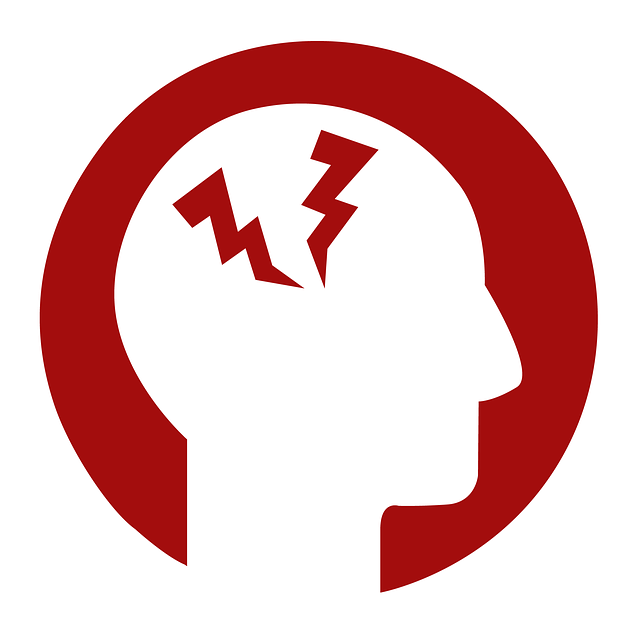I once talked to a few fellow trainers about education and the current ‘landscape’ of training opportunities. One of the things that they brought up resonated deeply with me.
They said that training companies that they work with/for aren’t very open to sharing resources, collaborating with one another, or sharing freelance trainer databases.
I asked them if they, as trainers, are open to these things and they responded with a resounding yes!
As a long-time trainer myself, I cannot help but agree with their assessment.
It felt strange that there was such a disconnection between the attitudes of the trainers and that of the training companies.
But I get it.
The prevailing concern is that of intellectual property "theft". And at least one of the companies I've worked with seems to have a crippling fear of this.
Even after working for so many years with them, readily sharing material I come up with on my own, it still feels as if they don't trust me.
The truth is, in the post-information age, information is so readily available that it's impossible to completely protect your lesson plans and curriculum, unless you ban all recording devices and recording methods, including webinars and online classes.
Further, even if someone else knows what you train, can they deliver it the way you can?
If they can do so easily, maybe your material isn't that good or original to begin with.
In which case, is it really as valuable as you think it is?
Crisis in the Middle of Your Career? There Are Ways Out!
Mid-career crises are particularly tumultuous.
There is the apprehension of what is to come, along with worrying that you won't have the time, agility, or support to transition into a different industry.
There is also the backwards-gazing of what once was, along with the dying hope that things will go back to the way they were.
And it's very easy to get caught between the two, nostalgia and uncertainty, resulting in a stagnant but sinking situation.
As with getting caught in quicksand, the first thing to do is to calm yourself. The more you struggle, the faster you sink.
The next thing to do is to slowly change your position. For quicksand, it's recommended that you try to get into a supine (facing up) position. In your situation, it may be breaking your silence and exploring options.
Then, finally, try to drift towards a safe spot.
If you have the benefit of supportive people around you, and you likely will if you break your silence, they can help you.
Ask them for for thoughts, ideas, even referrals if they can provide them.
You can face a crisis alone, but that's a choice you make.
You don't have to.
I'm Leaving the School Enrichment Market. Here's Why.
If the market you've been in for over 10 years is deteriorating into a race to the bottom, and showing increasing instability, on top of a refusal to do things in new ways (i.e. innovate), would you stick it out?
Or would you look into a new one, possibly even create your own?
This was a dilemma I started to ponder upon 3 years ago. Things were so unpredictable, that I sometimes went months without substantial projects.
And then, the pandemic hit. And projects vapourised, with only vague promises, constant postponements, and non-committal nods.
This was the kick I needed to decide to get out of a market that I'd been clinging on to, both because of fear of the unknown and fond memories.
And thus, I am exiting the school enrichment market (in Singapore).
I would have loved to stay, but there are too many things wrong with it, and too little being done to rectify them.
Perhaps I'll expound on these things in a future post and hope for improvement for the sake of those still in it, but, for now, I'm looking towards a future that is, though still clouded, full of potential.
To those I've worked with, and are still in it, I wish I didn't have to go, but I cannot be part of this swirling maelstrom anymore.
Take heart. Things will eventually look up.
And I'm sure we'll meet again, though likely in different capacities.
This isn't really goodbye.
I'm Transitioning From the Student to the Adult Learner Market and It's Not Easy
My entire career life has been in the student market - ages 10 - 19 or so - for the past 15 years. My contacts, naturally, have overwhelmingly been people who work in and around this market.
Yes, I’ve had opportunities and experiences in the adult learner market, but this is a very recent development, starting around 2018 or so.
And then, of course, the pandemic hit and everything went nose first into the ground.
Even a number of the contacts I’d made prior to the pandemic aren’t in business anymore, or have gone to a different industry or job. Essentially, I have to build everything up again, and I’m have the hardest time with Zoom meetings, a format that I loathe.
For those who are quick to adapt and find the new formats intuitive or, perhaps, even better than the formats they are replacing, you’re in a great place. I wish it were easier for me.
There is, of course, the possibility of staying on in the student market by bringing my programmes online. The immense problem is that, because of the nature of the programmes I’ve developed for students, they were designed for in-person sessions and a lot of it cannot be translated online.
Yes, there are alternatives - online labs, simulations, etc. - but even seasoned educators generally agree that they are temporary substitutes for the situation we are in, not adequate replacements. There are intangible benefits to in-person learning that can never be replaced by online learning.
I recognise that they are useful in the current situation and they definitely hold a place in education. That said, because my programmes aren’t curricular, I always intended for them to be as immersive and experiential as possible.
Unfortunately, this means that they can’t quite be translated to an online version without losing a lot of their intended effects.
There is the possibility of creating a new programme aimed directly to be done online, as I’ve done with some of my other programmes (for the adult learner market), but this will take time. Also, those programmes aren’t intensely-hands-on science-based programmes, so it’s not difficult to do so.
Furthermore, because I’ve spent at least 3 months creating the original programmes without recouping the resources I’ve put into it, I don’t feel inclined to create any more new programmes.
The schools seem to think that 20 hours of in-person training should translate into 20 hours of online training, as if they are the same thing. This is something I find strange because they had to translate their curriculum online last year and, surely, they must realise that you can’t translate things minute for minute.
The logical thing to do, therefore, is to move away from the student market and into the adult learner market.
So here is where it circles back to the beginning of this blog post.
I need to connect with people in the adult learner market and ramp this up quickly.
I’m finding some good leads in Clubhouse, in educator circles. I’m also looking at investing in certain online tools to simplify my processes.
It’s not easy, and it’s not going to get easier.
It’s a large transition and it’s going to require a lot of work to get right.
I’ve been disheartened for a month. It’s time to get over the slump.
It’s time to get cracking!



